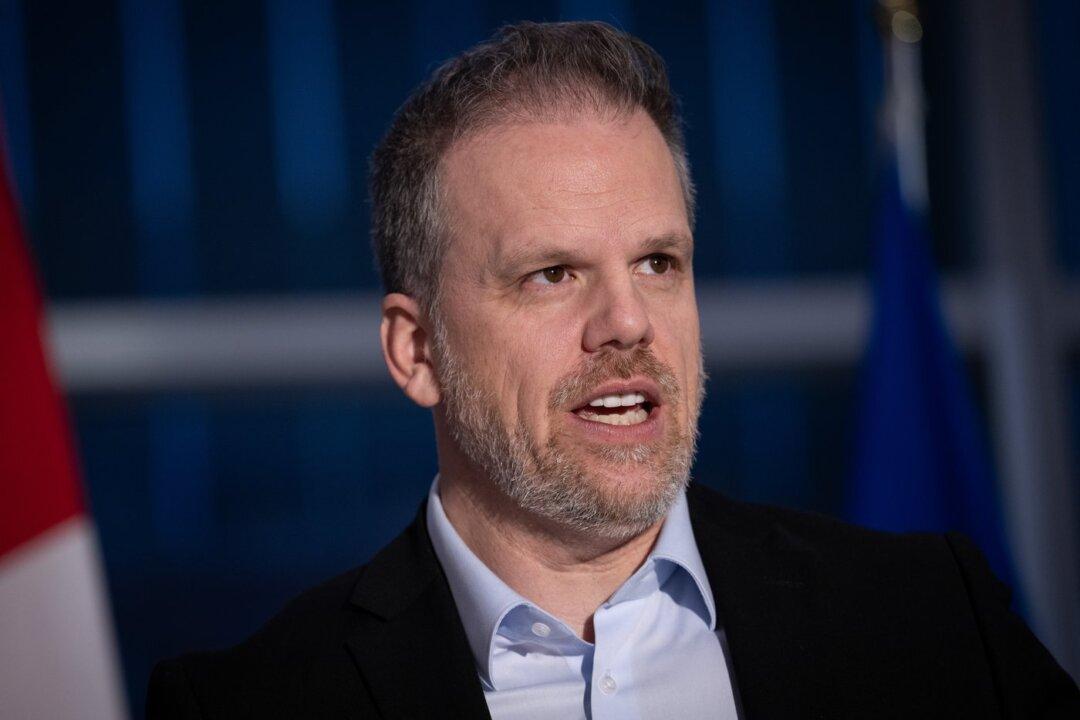Health Minister Mark Holland has introduced the federal government’s pharmacare legislation that will cover contraception and some diabetes medications, but would not provide details of the potential costs of such a program.
“I’m going to get back to you on that,” Mr. Holland said when asked by reporters about the potential costs during a press conference on Feb. 29.





